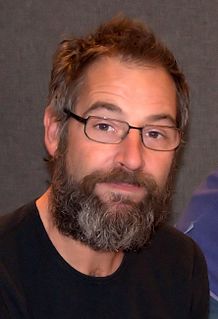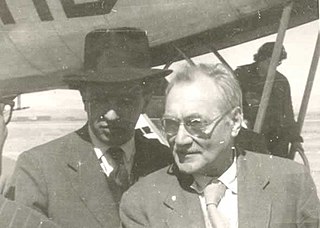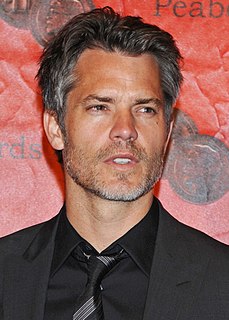A Quote by Jeremy Northam
Surely the job of fiction is to actually tell the truth. It's a paradox that's at the heart of any kind of storytelling.
Related Quotes
It's very difficult to measure the impact on policy of any investigative journalism. You hope it matters to let a little more truth loose in the world, but you can't always be sure it does. You do it because there's a story to be told. I can tell you that the job of trying to tell the truth about people whose job it is to hide the truth is about as complicated and difficult as trying to hide it in the first place.
Sometimes I don't tell the truth, which is telling the truth about not telling the truth. I think people don't tell the truth when they're afraid that something bad's going to happen if they tell the truth. I say things all the time that I could really get into trouble for, but they kind of blow over.
I love the whole kind of notion of transformation for me is (what) excites me about not only acting, but storytelling. I love, I love that notion of a slightly larger-than-life artistic truth, you know, magnifying real emotional truth (or) finding something about human condition (which), you wouldn't necessarily think you can learn from characters such as Kong or Gollum, but actually they are, you know, these huge amplifications of a human psyche and I suppose those kind of roles have always attracted me definitely.




































